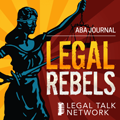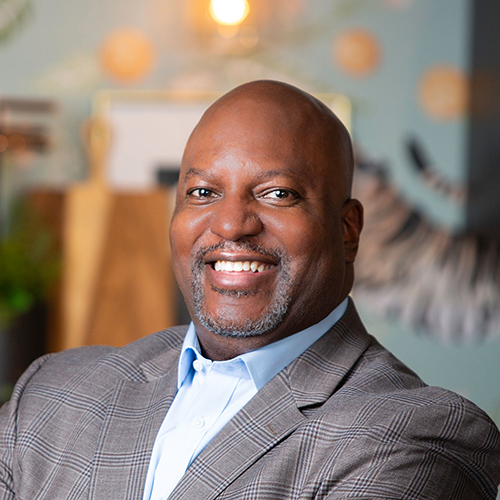Generative artificial intelligence has changed the practice and business of law in a short amount of time, and that’s especially been the case for in-house counsel.
According to an October report from the Association of Corporate Counsel, generative AI use among in-house lawyers has more than doubled over the last year. More than half of respondents are now actively using generative AI in their practice—compared to only 23% in 2024. The survey also said two-thirds of respondents are using it so that they can eventually rely less on outside counsel, and over 60% are likely to push for a change in how legal services are priced.
In other words, could this be the latest blow to the billable hour? It’s survived a lot of things over the years—recessions, pandemics, bubble bursts. Could generative AI be the one that finally kills it once and for all?
In this episode of the Legal Rebels Podcast, Jason L. Brown, the president and CEO of the Association of Corporate Counsel, talks to the ABA Journal’s Victor Li. Brown, who became the CEO on Nov. 1, speaks about how in-house lawyers are using generative AI and where things might be heading as far as the adoption and advancement of the technology.

Want to listen on the go? Legal Rebels is available on several podcast listening services. Subscribe and never miss an episode.
Apple | Spotify | Google Play
In This Podcast:

Jason L. Brown
Jason L. Brown is the president and CEO of the Association of Corporate Counsel, a global legal association that promotes the common professional and business interests of in-house counsel who work for corporations, associations and other organizations through information, education, networking and advocacy. Brown previously was an in-house counsel at Dyson Inc., MillerCoors and the Pepsi Beverages Co. He also was the executive director and general counsel for the National Association of Minority and Women-Owned Law Firms. Brown has a juris doctor degree from the Howard University School of Law. He also earned a bachelor of arts degree in political science from Howard University.

